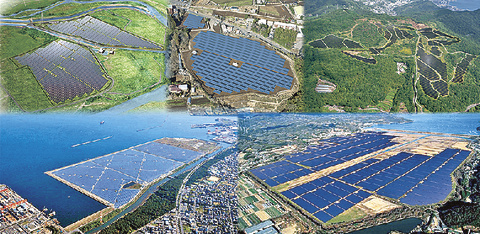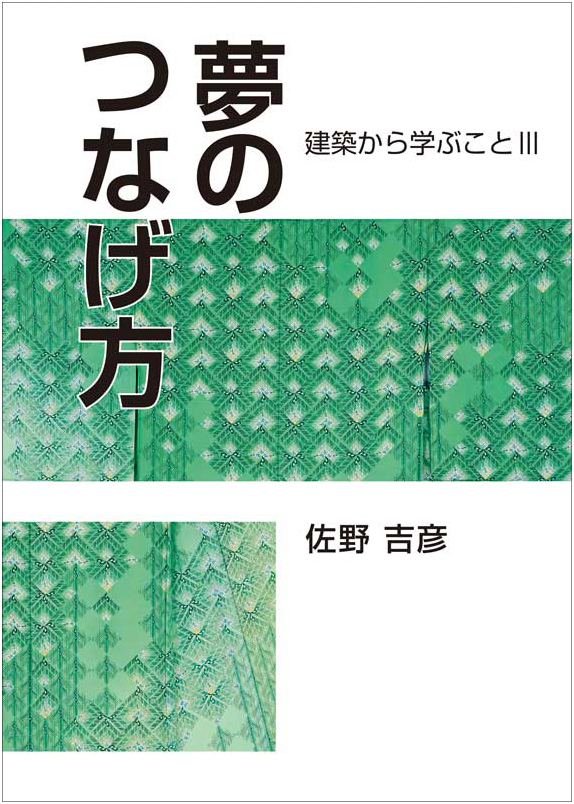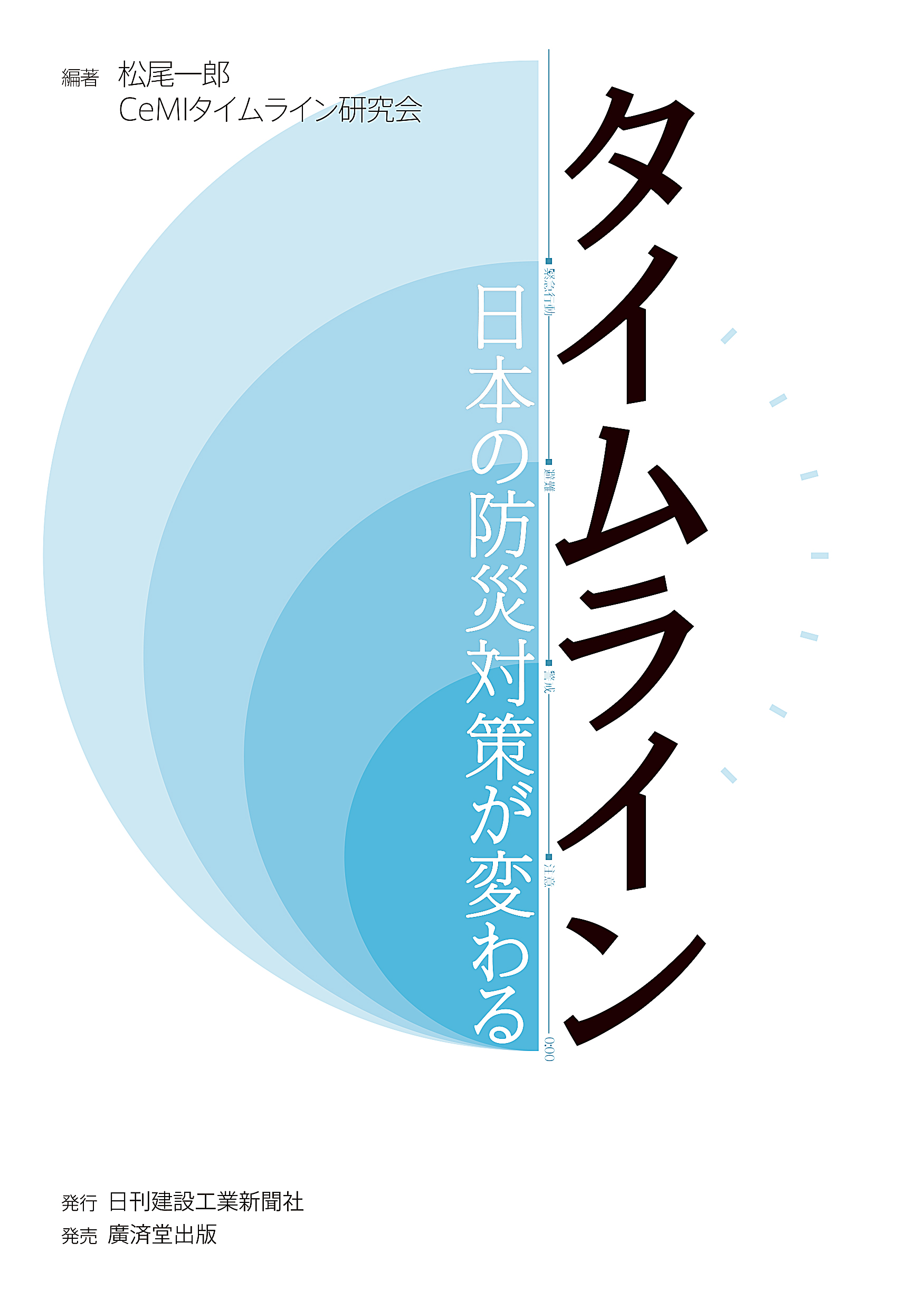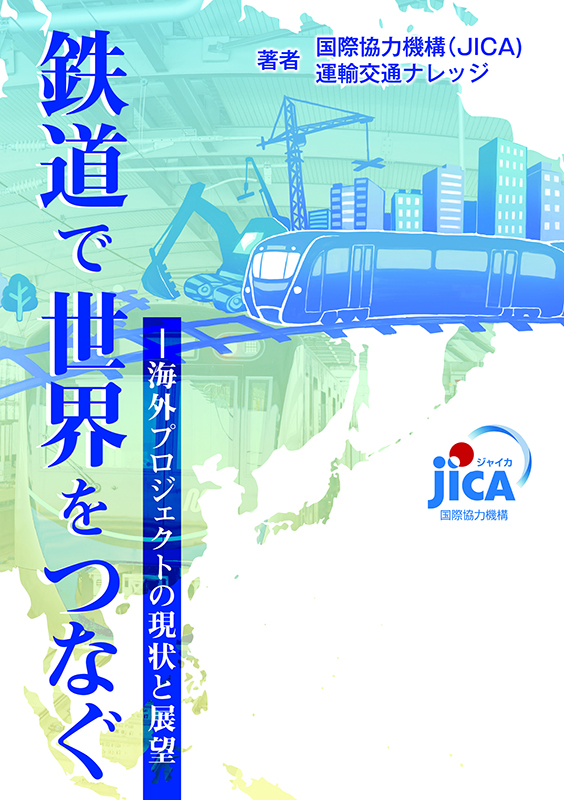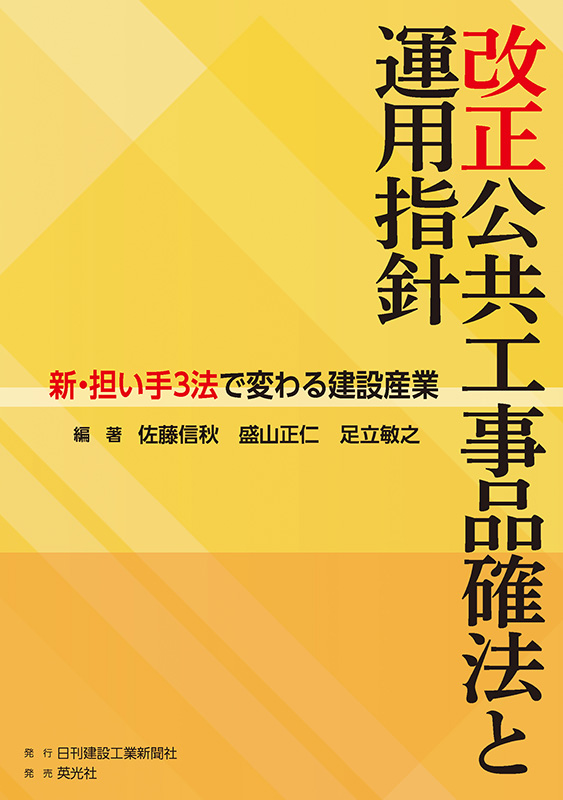In response to an issue that Japanese utilities suspended contracting new purchase of solar power electricity under the Feed-In-Tariff (FIT) system due to lack of accepting capacity, Ministry of Economy, Trade and Industry mapped out urgent measures such as limiting output capacity and adjustment of the rate determination date. Changes in rules and the system have brought about confusion in private businesses including construction industry that may have to undergo shifts in the business strategies. An official of METI’s Agency for Natural Resources and Energy admitted that new projects yet to apply for interconnections to the utilities may face increased risks. Two major changes in the FIT scheme were announced by the Agency on December 18; the utilities will be able to request suspension of output as many days per year as necessary; the date of the purchase rate determination will be set on the day of contracting between project owners and the utilities changing from the current day of application. The sales price has been reduced by government every year since the start of FIT system. If there is a change during the process of contracting, the price can be lower than the initial rate. It is feared that business owners cannot figure how much the sales price will be when commissioning before they make contracts. A source from a construction company considers the business climate of the solar power plants uncertain, saying it is inevitable to be more cautious in business expansion. An executive of a top construction company said it will focus on development of other renewable energy for a certain period of time. (2014/12/22)





